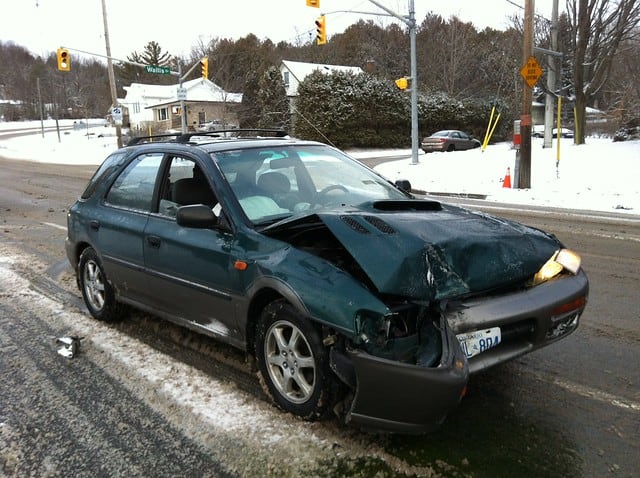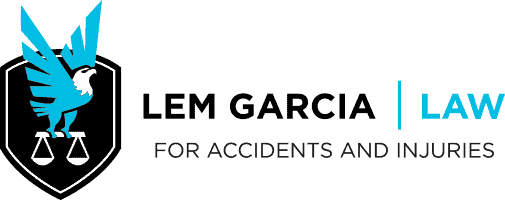Everything you need to know about police reports
Anytime there’s an accident where the police are called, a report is filed by the responding officer that summarizes the timeline of events and sometimes offers their professional opinion about what caused the accident and who is at fault. If you’ve been involved in an accident, you may be wondering who gets a copy of the report, whether it says who is at fault, and have other questions about the police report.
What Is a Police Report?
A police report is a written report that the responding officer writes that summarizes the facts related to the event, as well as the opinions of the officer. The report commonly includes the names of all parties involved, the type of offense or accident, and whether there are any witnesses.
Police reports vary from one agency to the next, including the protocol that officers follow when writing one. In general, though, police reports are written by the responding officer and turned into their department for review and filing. This report is a point of reference for investigating officers. It is also used for insurance reasons by the victim, or by the court staff if there are criminal charges made.
Does a Police Report Say Who Was at Fault?

After a car accident, the responding police officer who prepared the report may include a statement about who they think was at fault for the accident based on their own professional judgment. Not all police reports do, however. That said, even if the police report does say who the officer thinks is responsible, it doesn’t automatically mean that individual will be held liable for damages in a lawsuit.
Can I Get a Copy?
You can get a copy of a police report, yes. You can do it in one of two ways: by going to the police station in person or by requesting the record by mail. However, keep in mind that most jurisdictions have policies that outline the way that Public Access Requests have to be made. Search online for the name of your local police department and add the keywords “public access request” to your search. This generally makes it easy to find out your jurisdiction’s process for taking requests.
Requesting a Police Report in Person
If you are required to request a police report in person, these are the basic steps you should follow:
1. Gather the Required Materials
You will be required to bring a form of identification, whether a driver’s license or a passport. If you’re making the request on behalf of another person, you’ll need to bring a notarized letter explaining that you are requesting the police report on their behalf. If you were a victim in a crime or one of multiple parties involved in an accident, you might have received a verification slip from the authorities when the police report was initially filed. If so, bring this with you as well.
2. Visit the Police Department
Next, visit the Records and Identification Division of your local police department, where the report was filed. Before you go, find out whether they have exclusive hours for making requests. They will ask for your identification and other information, as well as additional basic information about the case. They likely will require a fee to cover the request.
3. Receive a Copy of the Report
You may be able to pick up the report directly on the spot, or they may mail it to your home. You should expect to pay a fee per page. Most reports cost between $50 and $150.
Requesting the Form Via Mail
If you have to request the police report via mail, the process is somewhat more involved. Most jurisdictions will provide the form for you to fill out online, although some may still allow you to write a letter simply requesting the report. These are the basic steps you will take to retrieve a police report using this process:
1. Find the Address for Making the Request
In the same location that the police department specifies the manner in which you will need to make a request, they also will provide the address for where you should send written requests. On the chance that they don’t, simply use the general address for the department and address it directly to the Records and Identification Division.
2. Complete the Form or Write a Letter
If the department provides a form, it’s just a simple matter of filling it out. If they did not, you should include the following information in a letter:
- Case number.
- Your name, address, and date of birth.
- Date and location for the accident.
- Your role in the case.
- Name of the officer who filed the report.
- What information you’re requesting.
3. Send the Letter With Materials
As with an in-person request, they will need to see a copy of your driver’s license or passport, along with a check or money order to cover the cost. The fee and manner in which it must be paid should be listed on the website. Send the form or letter to the police department along with your additional materials.
4. Pay for the Report
After your request has been processed, you will hear from the police department about how much the report will cost. You may want to ask if it’s possible to receive an electronic copy for a lesser fee.
Is One Given to Your Insurance Company?
If you file an insurance claim after a car accident, the insurance company will ask for the case number for the police report. This makes it easy for them to pull the entire report to get the information they need about the accident. This is not the only way that insurance companies get access to police reports, though. If another party files a claim with their insurance company and identifies you as being involved in the accident, their insurance provider may share the police report with your insurance company.
If you’ve been involved in a car accident, the team at Lem Garcia Law can help you by obtaining copies of the police report for you, in addition to other types of evidence like eyewitness statements and traffic camera footage, if available. We can also determine liability and help you build a strong case pursuing damages to cover your losses. Contact us today for a free review of your case.


